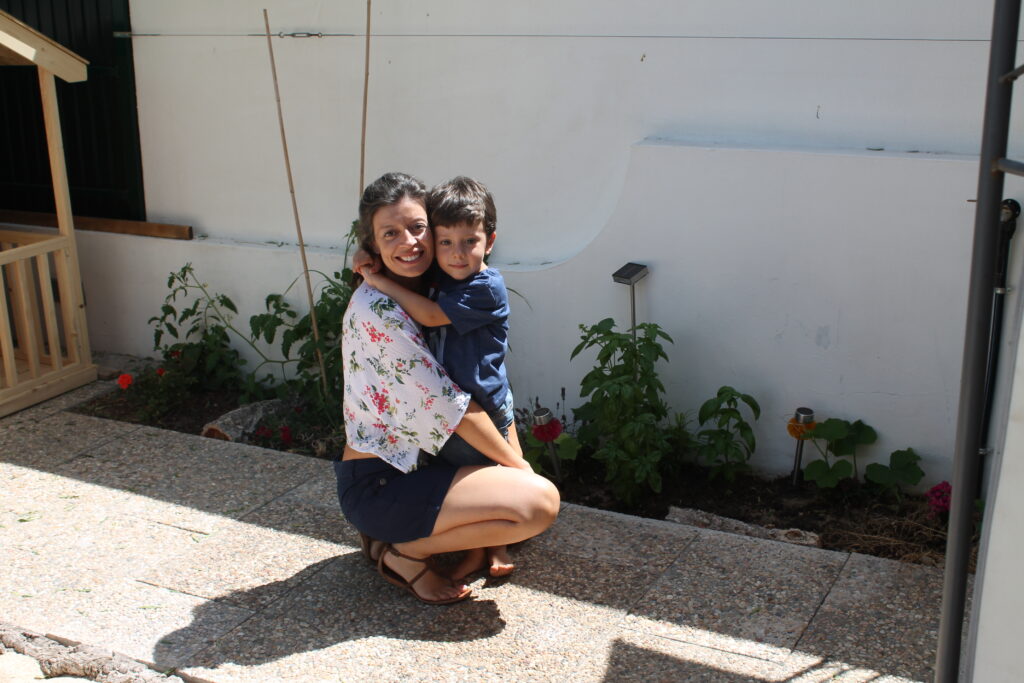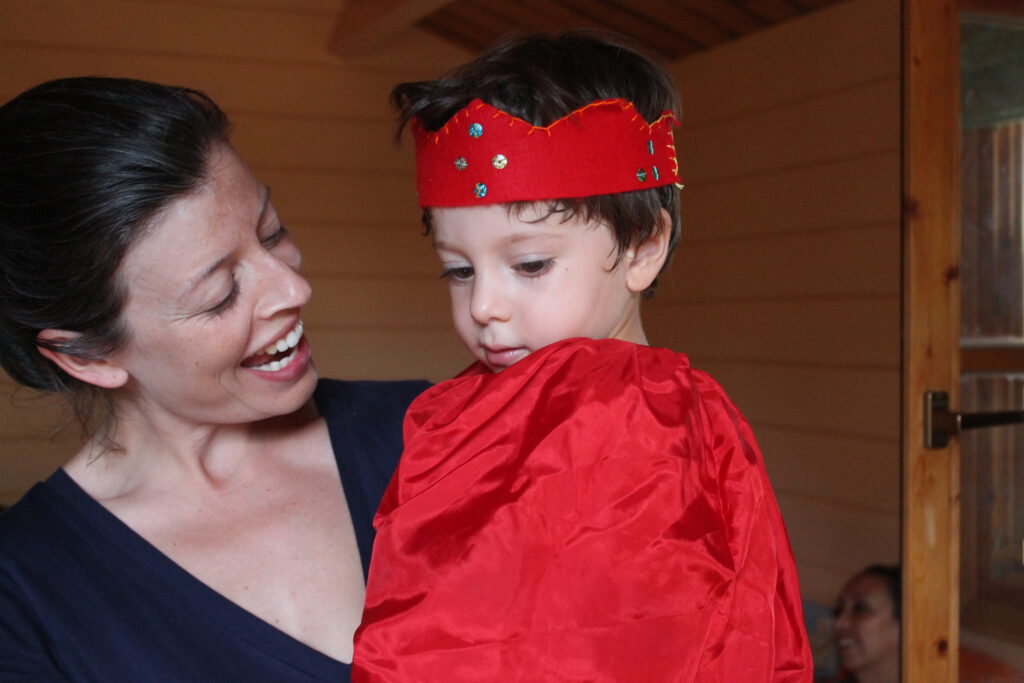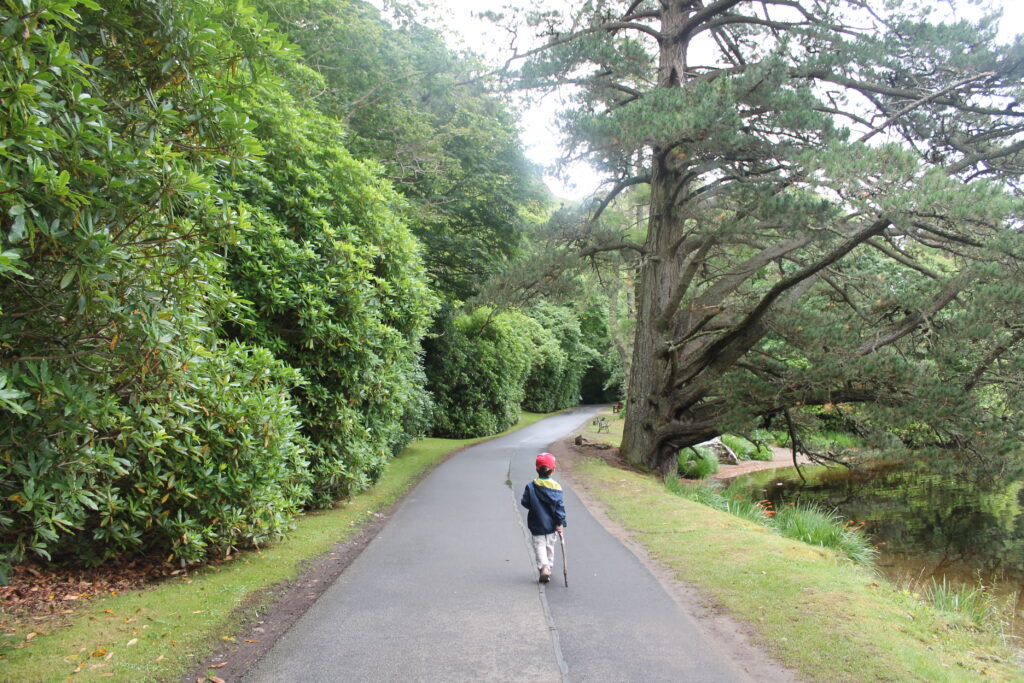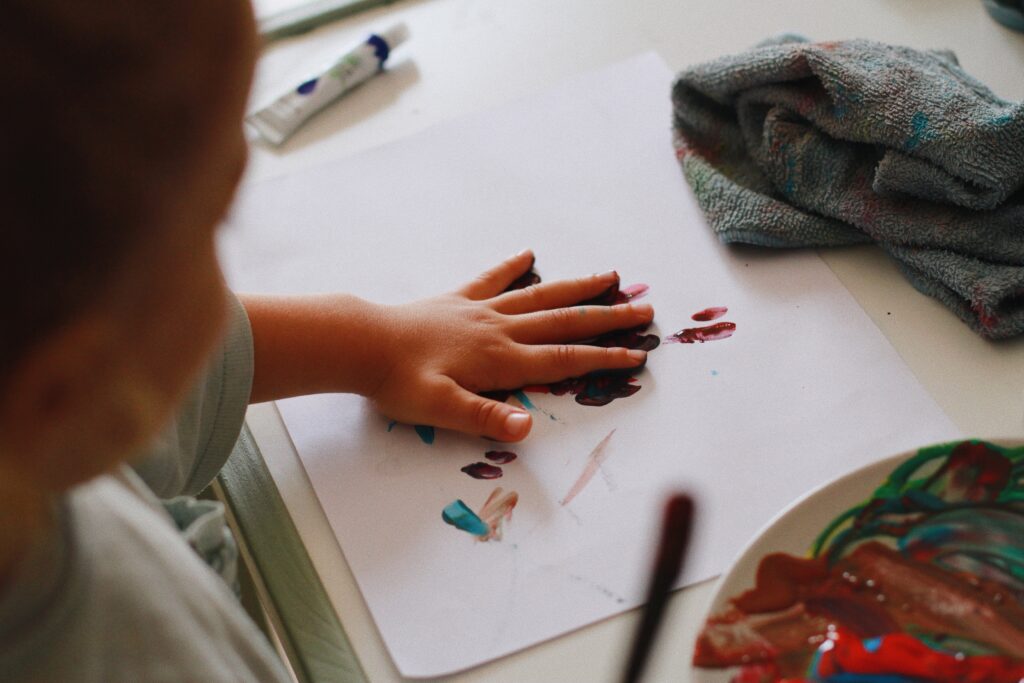Children have been given many names and roles, but never one designed by themselves.
The history of childhood is marked by invisibility and a perception of children that reflects adult culture, but it also describes a progressive, if uncertain and discontinuous, movement towards the recognition of childhood as having a value of its own; and of agency, the ability of children and adolescents to assume control over their own lives. But to what extent have we really evolved and what is there still to address?
Words are powerful. The term infancy derives from the latin “infans”, which means “that who cannot talk” and today, many national legislation still refers to children as “minors”. Yesterday, reading an interesting book about education in Sweden written by a French author, I came across another “interesting” concept used in France: that of the “enfant roi” or the “child king”. The book explains that the expression refers to “the little child who manipulates adults with the idea of making their lives difficult, the tyrannical child you have to watch out for” (1). And my question is, how many more names do we still need to come up with, before we accord children their rightly place in society?
Yes, with the ratification of the United Nations Convention on the Rights of the Child and the work that followed both at national and international level, the vision of childhood has started to change. We have slowly come to recognise that childhood and adolescence are unique developmental phases of a human being’s life. We have progressively started to listen to what children have to say exactly as they think it – as they see the world – and not just as adults believe they see it. We have also come a long way from the first experiences of child participation, especially manipulation (2). We have learned how to engage with children of different age groups, to discuss with them about matters concerning their health and well-being, their vision for their village, city and even their country. In Ireland, the first ever National Strategy on Child Participation was adopted in 2015 (3).
As I was saying, we have come a long way, but personally, progress is not enough. Too many children remain invisible, too many offensive words are said against children, too many unacceptable acts committed against them every single day.
The same book that I quoted above refers to a statemente by the World Health Organization made in 2017, which goes as follows:
“Imagine waking up this morning to a headline revealing that scientists had discovered a new disease and that up to a billion children around the world are exposed to it every year. And imagine that, because of this disease, over the course of their lives, these children would be at greater risk of suffering from mental illness and anxiety disorders, chronic diseases such as heart disease, diabetes and cancer, infectious diseases such as HIV, and social problems such as delinquency and drug addiction. What would we do if we were faced with such an illness? In reality, this ‘disease’ does exist. It’s violence against children” (1).
Words matter. So maybe it is time to give a new and true meaning to the word “child”. Maybe it is time to let go of all the prejudices that have come before and to look at children for all of what they are, for what they truly need, for what truly makes them happy. Children have a value of their own, but it is up to adults to respect it. It is up to adults to understand and provide for each and every child. It is up to us, as well, to recognise that the words we say, the deeds we take will have an impact into that child’s future, for better or for worse. It is time to take responsibility, to recognise that we have as much to learn from children as they have to learn from us. It is time to look at children for what they are today – a marvel – and for what they could be tomorrow – the agents of transformation.
(1) Cuerq, Marion (2023). Une enfance en NorD: Pour une éducation sans violence et à hauteur d’enfant. Marabout
(2) Hart, Roger (1992) Children’s Participation: From Tokenism to Citizenship. UNICEF: Florence
(3) National Strategy on Children and Young People’s Participation in Decision-Making 2015-2020. Department of Children, Equality, Disability, Integration and Youth
Quote translated with DeepL.com (free version) from French




